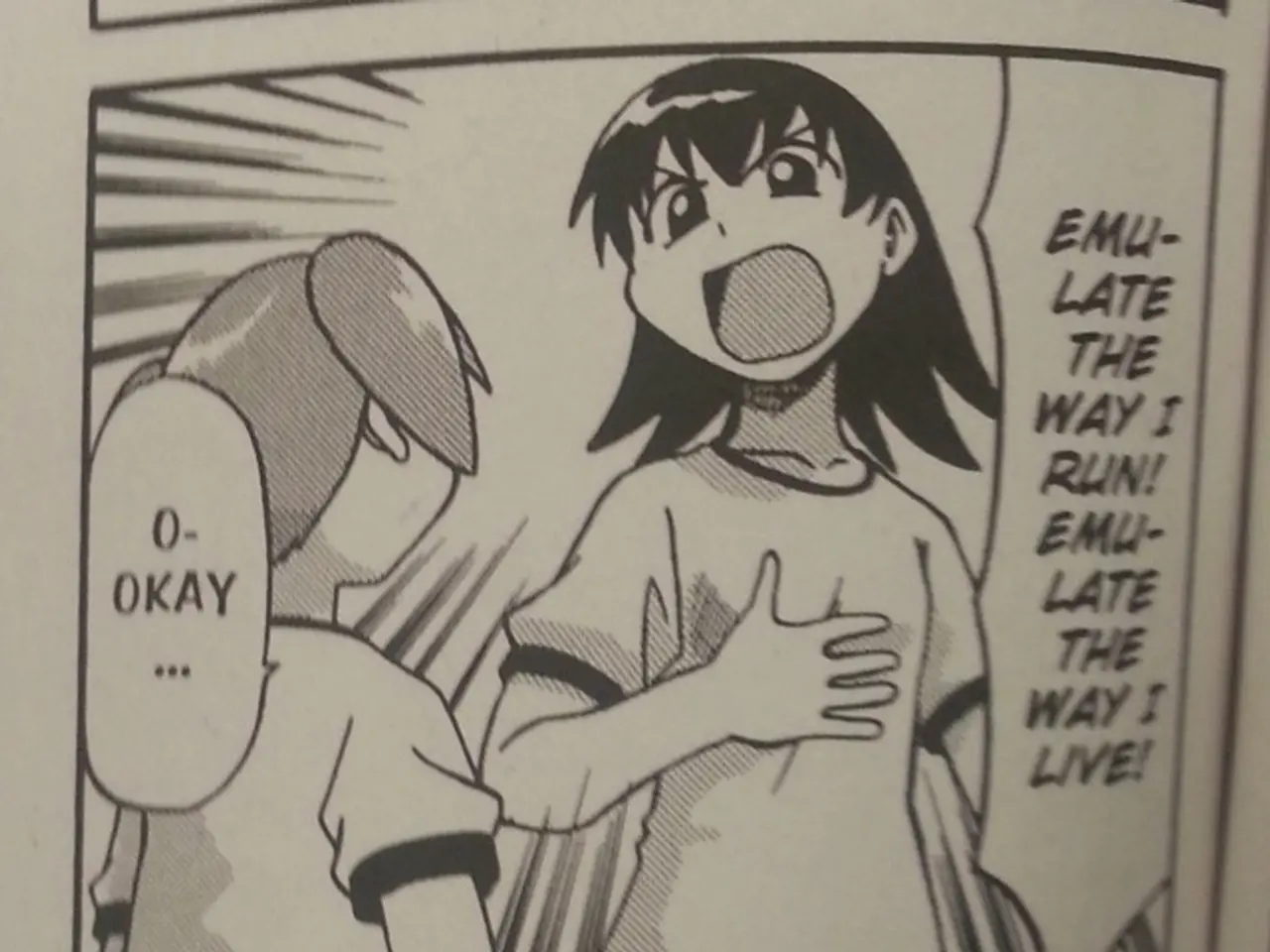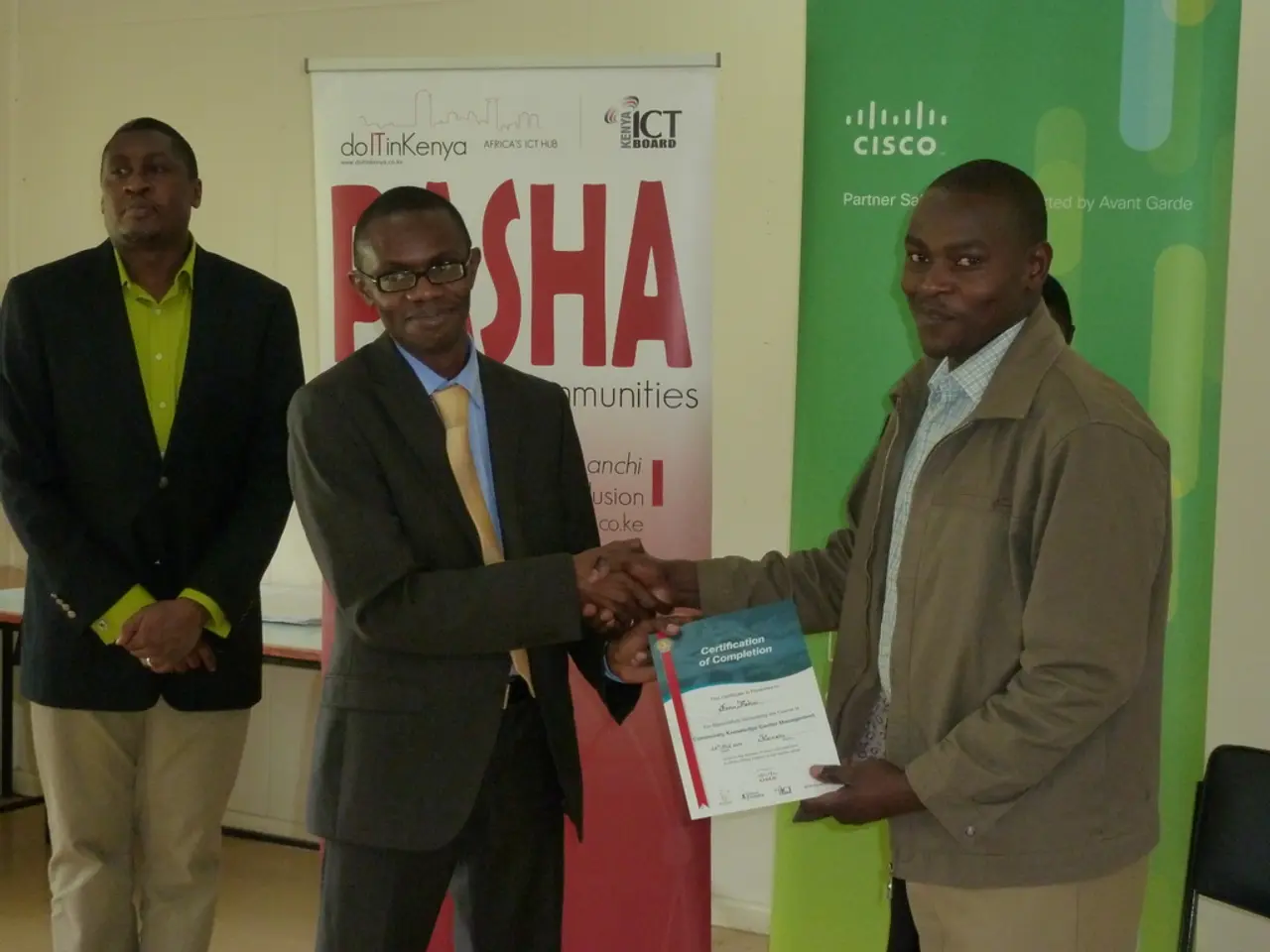Scholarship on Indian Literature Under Exploration: Focus on Vinay Dharwadker's Theory on Orientalism
Scholar Vinay Dharwadker Challenges Western Dominance in Indian Literature Studies
Vinay Dharwadker, a prominent scholar and translator of Indian literature, is pushing back against the Western-dominated tradition of studying and translating Indian texts. His work emphasises the importance of preserving the originality and authenticity of Indian texts, and recovering the history and contextualising the works of Indian writers and poets.
Dharwadker's scholarship is a critical response to the Orientalist approach, which shaped the study of Indian literature during the British colonial period. Orientalists, such as Sir William Jones and Henry Thomas Colebrooke, focused on ancient texts and customs as a basis for understanding Indian civilization, often through a colonial lens. This approach positioned Indian literature as an object of philological and historical inquiry rather than a living, evolving cultural practice.
Dharwadker's work challenges the limitations of this colonial-era academic approach. He advocates for a more nuanced understanding that recognises the complexities, continuities, and innovations within Indian literary cultures beyond colonial categorisations. Dharwadker's translations are notable for their careful attention to linguistic and cultural fidelity, aiming to preserve the aesthetic quality and cultural essence of the original texts.
Dharwadker is particularly concerned with the way in which Western scholars have historically treated Indian literature as a passive, unchanging tradition. He argues that this perspective overlooks the social, historical, and political contexts in which Indian texts were created. Dharwadker calls for a more situated approach that respects the indigenous intellectual traditions of India.
Postcolonial criticism, championed by scholars such as Gayatri Chakravorty Spivak, Homi K. Bhabha, and Edward Said himself, sought to undo the legacy of colonial scholarship and to reframe the study of Indian literature within its own historical, cultural, and political contexts. Dharwadker's work aligns with this movement, encouraging modern academics to go beyond conventional frameworks and to closely examine the historical, social, and political environments that have shaped Indian literature.
In summary, Dharwadker's scholarship offers a critical perspective on the Orientalist approach to Indian literature. He challenges the Western-dominated tradition of translating Indian texts, which often leads to the loss of cultural nuances, stylistic richness, and local meanings. Dharwadker's work is still crucial for anyone trying to comprehend the intricacies of Indian literary history and the current decolonization process.
Table Comparing Orientalism's Influence and Vinay Dharwadker’s Perspective
| Aspect | Orientalism's Influence | Vinay Dharwadker’s Perspective | |--------------------------------|----------------------------------------------------------|------------------------------------------------------------| | Focus | Ancient Indian texts, languages, traditions via a colonial lens[1] | Critiques Eurocentric and colonial biases; promotes richer contextual study of Indian literature and performance traditions | | Methodology | Philological, historical, textual codification for colonial governance[1] | Advocates interdisciplinary, performance-based, and contextual approaches | | Impact on Indian literature | Established Western academic dominance, sometimes limiting scope to 'ancient' and ‘canonical’ texts[1] | Challenges limitations; encourages nuanced, decolonized scholarship reflecting Indian literary diversity | | Legacy | Both preservation of Indian textual heritage and reinforcement of colonial power dynamics[1] | Calls for critical reassessment and expansion beyond Orientalist frameworks |
[1] Orientalism influenced the study of Indian literature primarily by framing it through a Western scholarly perspective that emphasised ancient texts and customs as a basis for understanding Indian civilization, albeit often through a colonial lens. This approach positioned Indian literature mostly as an object of philological and historical inquiry rather than as a living, evolving cultural practice. The Orientalist tradition tends to emphasise textual authority, often linked to colonial administrative needs (e.g., codifying laws), which has shaped how Indian literature was perceived, studied, and taught both in the colonial period and after. (Source: Orientalism as an academic discipline began during the British colonial period, when Western scholars sought to understand and catalog the culture, language, and literature of India and other Eastern societies.)
- Vinay Dharwadker's scholarly work in the field of literature analysis, particularly Indian literature, emphasizes the significance of preserving the originality and authenticity of Indian texts and recovering their history and context.
- Dharwadker's critique of the Western-dominated tradition of studying Indian literature includes a concern about the treatment of Indian literature as a passive, unchanging tradition, overlooking its social, historical, and political contexts.
- In education and self-development, Dharwadker's work encourages modern academics to adopt a more situated approach that respects the indigenous intellectual traditions of India and challenges conventional frameworks in the study of Indian literature.
- Beyond literature, Dharwadker's work resonates with themes of decolonization and cultural preservation in various domains, such as finance (debating financial policies that may reinforce or challenge colonial power dynamics) and medical-conditions (examining the cultural implications of health and wellness in an Indian context).




